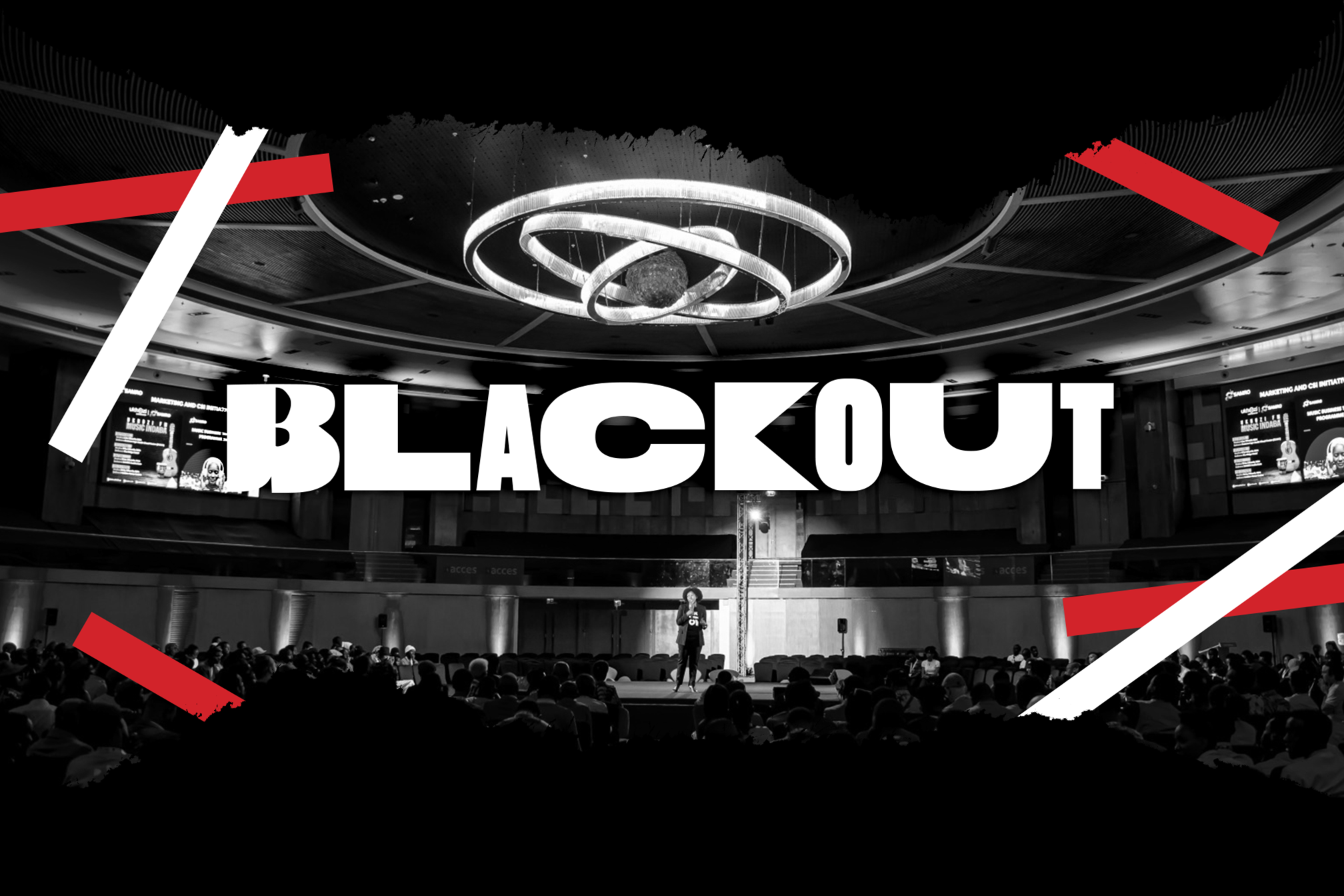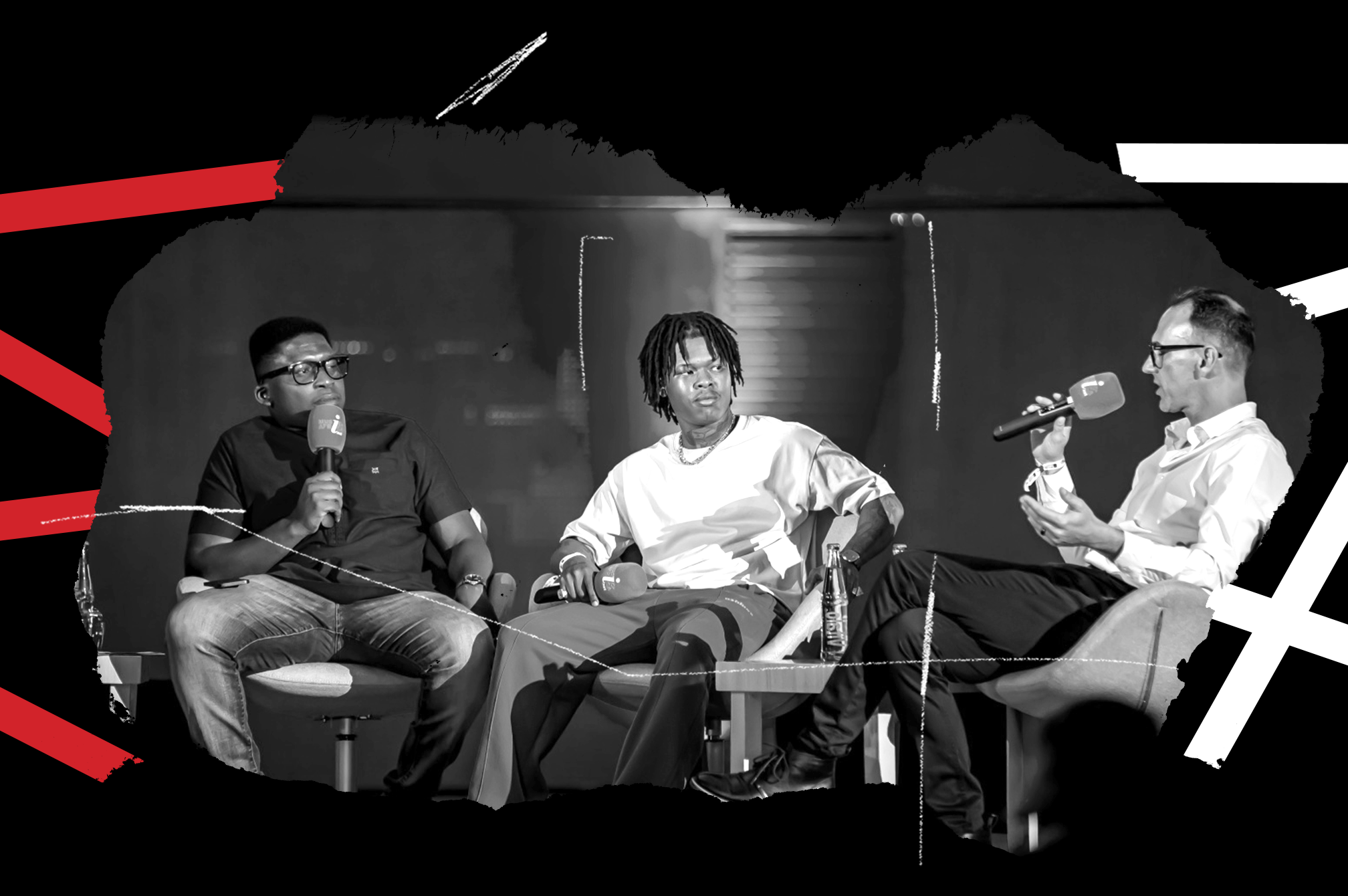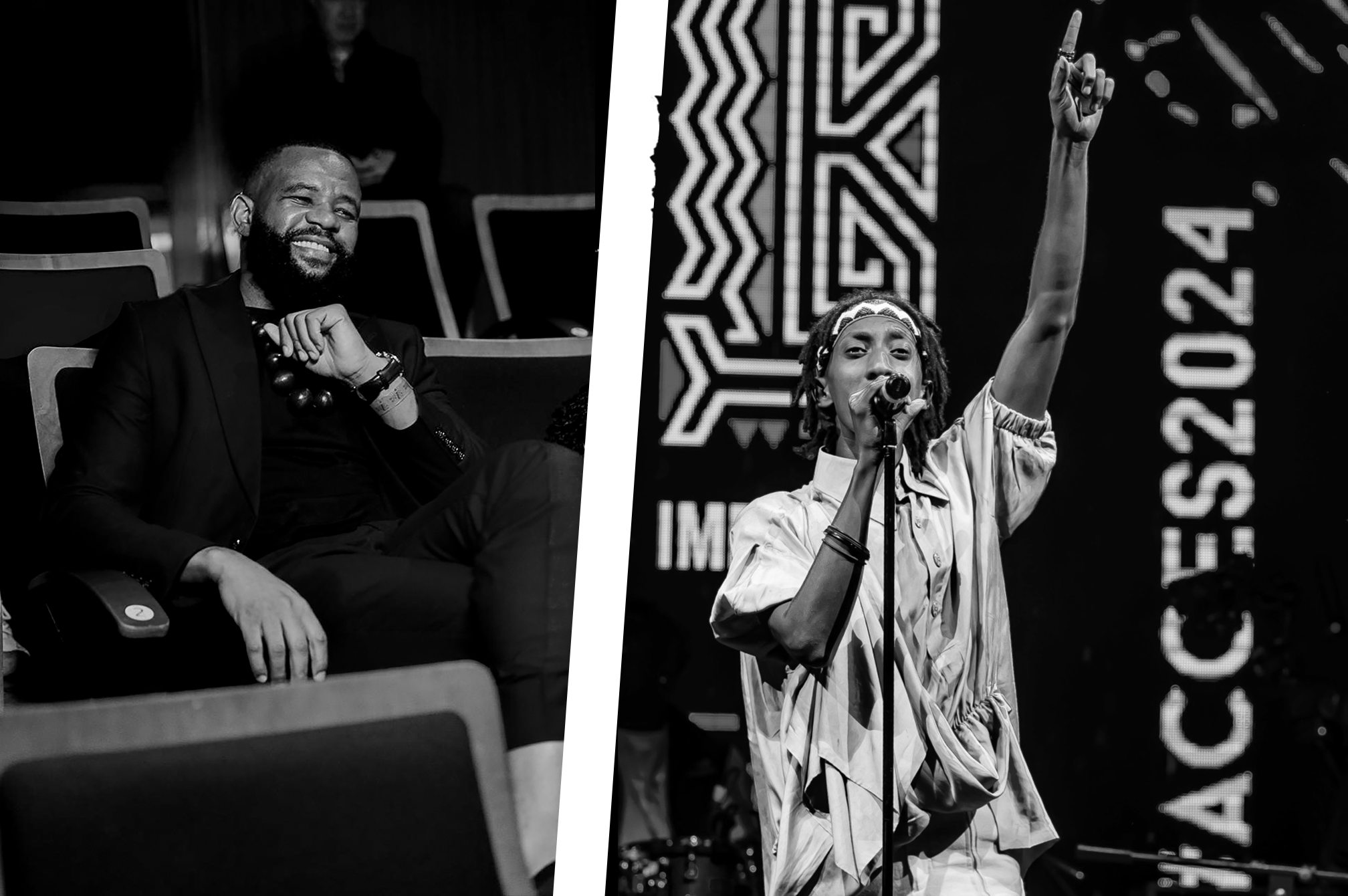 Features
Features
“Africa is the future of music”: Music In Africa is the creative platform celebrating and strengthening Africa’s music ecosystem
Kwame Safo interviews Eddie Hatitye, the Executive Director of Music In Africa, a music portal and platform aiming to bridge gaps in the continent's industry and “unlock Africa’s creative potential”
Can you tell us about the history and formation of Music In Africa?
Music In Africa started as an idea rooted in the need for reliable, up-to-date information about Africa’s diverse music industries. For many years there was a huge gap in the local industry. Artists, industry professionals, and stakeholders lacked a central platform to access resources, connect, collaborate, etc. So our initial goal was to close this gap. We initially started as a web portal. After a few years we realised that music professionals on the continent needed much more than just information. We decided to expand the scope of our work, introducing a wide range of physical interventions including projects in artist mobility, financing, music markets, exchange programmes, heritage/indigenous knowledge based initiatives, lobbying, research, gender-focused programmes etc. Today, Music In Africa Foundation is definitely one of the most important social enterprises on the continent. I just came from Addis Ababa where we signed a landmark partnership with the African Union, focused on combining efforts to realise the full economic value of the music industry in Africa.
Read this next: The Oontz: A self-sustaining electronic music ecosystem is evolving in East Africa
What is ACCES?
A lot of people call it ACCES but the full name is the Music In Africa Conference for Collaborations, Exchange, and Showcases. ACCES is Africa’s leading music industry gathering. It’s an annual event that moves to a different African city each year, bringing together musicians, producers, promoters, policymakers, and tech innovators to connect, learn, and create new business opportunities. It’s more than a conference — it’s a movement that celebrates and strengthens Africa’s music ecosystem, offering artist showcases, networking opportunities, and crucial conversations on the industry’s future. It has grown tremendously year on year since 2017. It is an important event on the African music business calendar to the extent that governments across the continent have to bid and compete to bring it to their cities.

Why was it necessary?
Africa has one of the most dynamic music scenes in the world, but for years, there was no central industry event that truly catered to the business of music in Africa. Artists struggled with limited visibility, cross-border collaborations were rare, and industry professionals lacked structured spaces to network and share insights. We created ACCES to bridge these gaps — to be the hub where African music professionals can engage with each other and global markets on their own terms.
Read this next: The new age of Nigerian electronic music
What is the state of music infrastructure for African musicians?
There’s been tremendous progress, but major challenges remain. On the plus side, African artists now have access to global distribution platforms, better quality studios, and growing performance venues. However, key issues persist — insufficient copyright protection, fragmented royalty collection systems, no direct-to-artist financing, no funding in general, and inadequate live performance infrastructure in many regions. The music ecosystem is evolving, but we need stronger policies, better revenue tracking mechanisms, and sustainable investment to truly unlock Africa’s creative potential.

What are the challenges for you and the sector?
I usually do not want to focus on challenges only, but we do have quite a lot to change on the continent. I’d say the most pressing challenge is on music rights management and royalty administration. Artists are simply not getting paid for their work. Our policies and enforcement strategies are not there yet. Access to markets is limited, and many artists lack capital or the business skills needed to scale. Infrastructure gaps and mobility restrictions, make things even tougher. Plus, music is still not widely seen as a serious business — we need a mindset shift.
Read this next: The UK loves baile funk — but does it understand it?
What are your thoughts on the future of African music?
Africa is the future of music. By 2100, two in every five people will be African, meaning we will be one of the most influential cultural forces on the planet. We’re already seeing African music dominate global charts, with genres like Afrobeats, amapiano, and Bongo Flava gaining massive international traction. My prediction? African artists will own more of their creative economy, local streaming platforms will rise, and we’ll see Africa setting global music trends — not just being part of them. The key is infrastructure, investment, and ownership — if we get that right, African music won’t just be big, it will be unstoppable.
Kwame Safo AKA Funk Butcher is a DJ, Broadcaster, Label Head, Producer and Music Consultant. Follow him on Twitter
Eddie Hatitye is Music In Africa's Executive Director, follow him on Instagram
Blackout Mixmag is an editorial series dedicated to Black artists, issues and stories, first launched in 2020. Our 2025 features are co-guest edited by Kevin Saunderson and Kwame Safo (AKA Funk Butcher). Read all of the previously published pieces here


